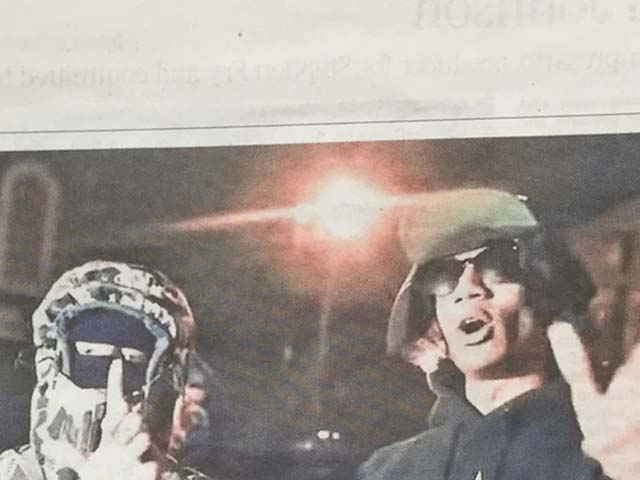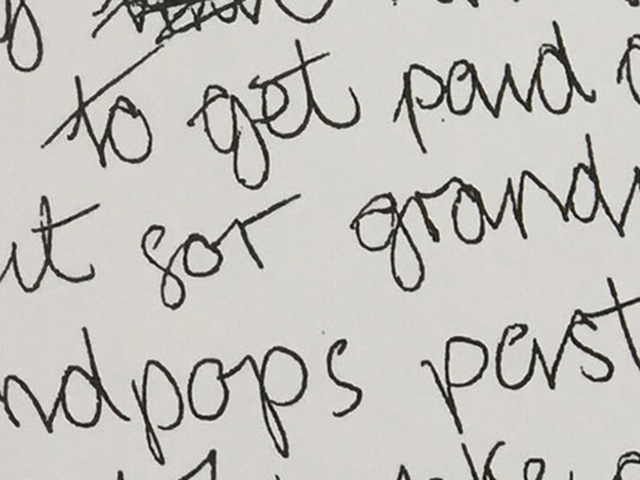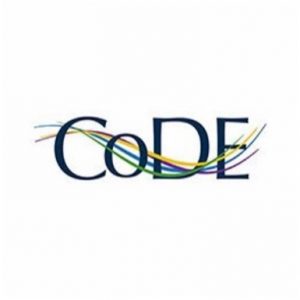
About
A portal to research, information and comment for all those who want to understand and engage with the use of rap evidence in legal proceedings.
This site is a product of the research project Prosecuting Rap: Criminal Justice and UK Black Youth Expressive Culture at The University of Manchester and includes outputs and activities from that project. It focuses primarily on what’s happening in the UK. But it also offers comparative resources — particularly from the US where there has been concerted push back against what US scholars call ‘rap on trial’.
Learn more
Rap culture
Rap—spoken-word verse over instrumentation—is the musical component of hip-hop culture that was first developed by Black and working-class youth in 1970s New York. Rap became a foremost youth-cultural form internationally.
UK rappers like Stormzy, Unknown-T, Little Simz, M1llionz and Dave have forged highly successful careers, while many thousands of young people compose and record rap verse to express themselves, perform to friends, share on digital platforms and make some income.
Putting rap on trial
Prosecuting Rap
Credits
The Prosecuting Rap website was created by Professor Eithne Quinn and the author and community leader Franklyn Addo with original artwork by @DirtyCipher. Input and ideas came from Dr Abenaa Owusu-Bempah (LSE), Dr Lambros Fatsis (City), Dr Anthony Gunter (Open University), Prof Charis Kubrin (Irvine), Prof Erik Nielson (Richmond), Will Pritchard, Dr Kamila Rymajdo (UCLan), and Dr Joy White (Bedfordshire).
The website portal was created as part of the AHRC project ‘Prosecuting Rap: Criminal Justice and UK Black Youth Expressive Culture’ (2020-21), led by Eithne Quinn with research associates Latoya Reisner and Kamila Rymajdo at The University of Manchester; and the external advisor was Keir Monteith KC at Garden Court Chambers, London. The AHRC project was built on an earlier Humanities Strategic Investment Fund project (2015-17) on ‘Prosecuting Rap’ at The University of Manchester.
In 2022-23, research associate Will Pritchard developed the Prosecuting Rap: Database of Cases project, with Eithne Quinn, co-funded by the Economic and Social Research Council’s IAA rapid response fund. Prosecuting Rap is an associated project of the Centre on Dynamics of Ethnicity (CoDE).






